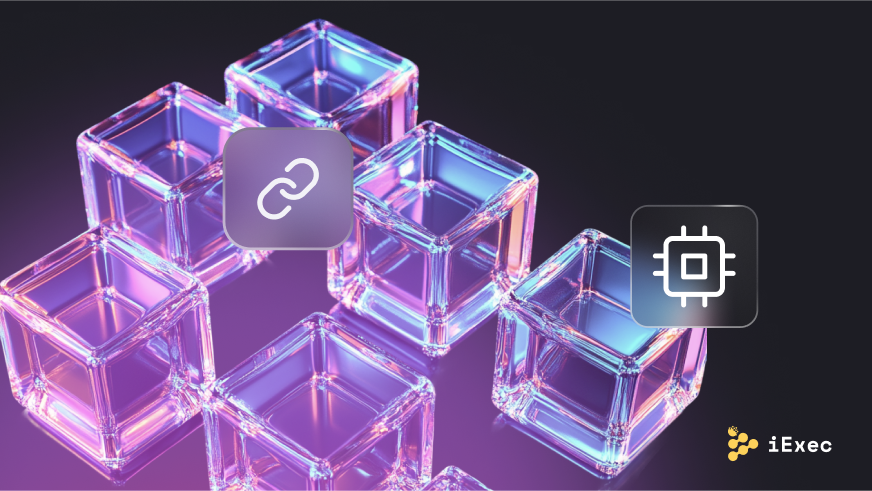Theta Labs Launches AI Virtual Try-On for Shopify

Theta Labs has announced the launch of its AI Virtual Try-On software for Shopify, developed in collaboration with KAIST AI Lab, a leading AI research center in South Korea. This innovative technology utilizes advanced computer vision and natural language processing to enhance the online shopping experience. Customers can now virtually try on various tops by simply uploading a selfie, which aims to improve user engagement and potentially increase sales conversions for e-commerce retailers. To promote its adoption, Theta Labs is offering this plugin for free to Shopify store owners for a limited time, with successful beta integrations already reported by customers like Soar and Mazer.
The AI Virtual Try-On for Shopify is powered by Theta EdgeCloud, a hybrid cloud-edge computing platform that combines over 30,000 distributed edge nodes from the Theta Edge Network with cloud services from major providers like Google Cloud and Amazon Web Services. This infrastructure offers more than 80 PetaFLOPS of distributed GPU compute power, allowing for significant cost savings on GPU computing tasks compared to traditional cloud providers. The EdgeCloud platform provides AI model training and inference services at less than half the cost of other cloud solutions, making it a cost-effective option for businesses.
This launch signifies a major advancement in the application of EdgeCloud technology within the e-commerce sector. By addressing common challenges faced by online retailers and shoppers, Theta Labs is making advanced AI tools more accessible and affordable. Looking forward, Theta Labs and KAIST AI plan to expand the capabilities of the AI Virtual Try-On model to include more complex wearables, such as hats and bottoms, further pushing the boundaries of AI-driven fashion technology and enhancing the online shopping experience for consumers.
Related News





